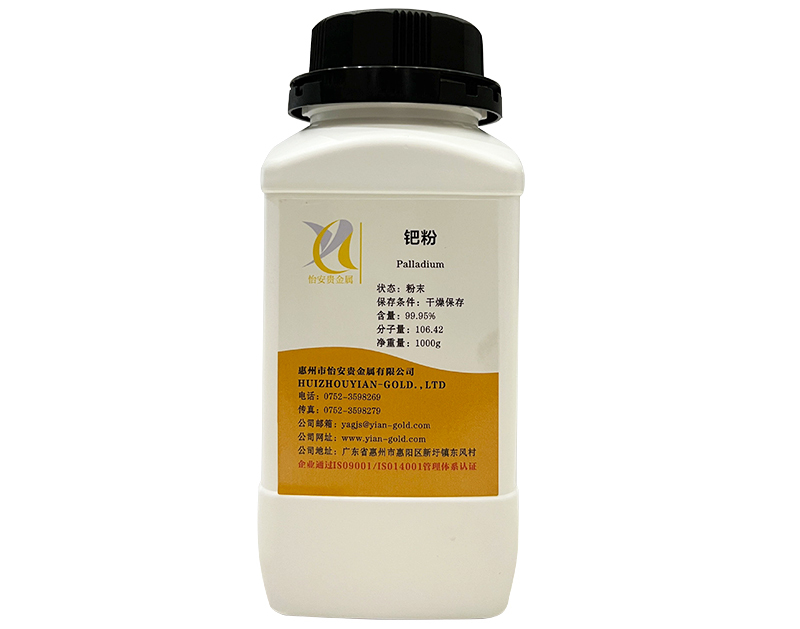
Palladium is one of the rarest precious metals in the world, with the element symbol Pd, and is one of the platinum group elements. Palladium has extremely high purity and looks similar to platinum. In its natural state, it has a silver white metallic luster and will never fade.
Palladium is relatively stable, resistant to acid erosion, with almost no impurities, and extremely high purity. It is suitable for use on the skin. The international jewelry industry has begun to process palladium as jewelry and decorative art. Jewelry made of palladium not only has a charming natural radiance like platinum, but also withstands the test of time and remains as new as ever. In recent years, precious watches made of palladium have also been developed internationally, and world-class brands such as Chopard, Cartier, and Parmigiani have pushed newly developed palladium watches into the international luxury goods market. Palladium jewelry is stamped with the manufacturer's code, precious metal material, and purity, allowing consumers to distinguish palladium.
Palladium is often associated with platinum, and its yield is smaller than that of platinum. In mineral classification, platinum group elements belong to the natural platinum subgroup, including natural element minerals such as iridium, rhodium, palladium, and platinum. There is a widespread phenomenon of isomorphic substitution between them, resulting in the formation of a series of isomorphic mixed crystals. There are significant similarities in the physical and chemical properties between these elements. Especially palladium and platinum, two precious metals, are very similar like brothers. The metallurgical properties of these two metals are quite similar, as they are equally rare and have similar uses, often serving as substitutes for each other in various applications.











